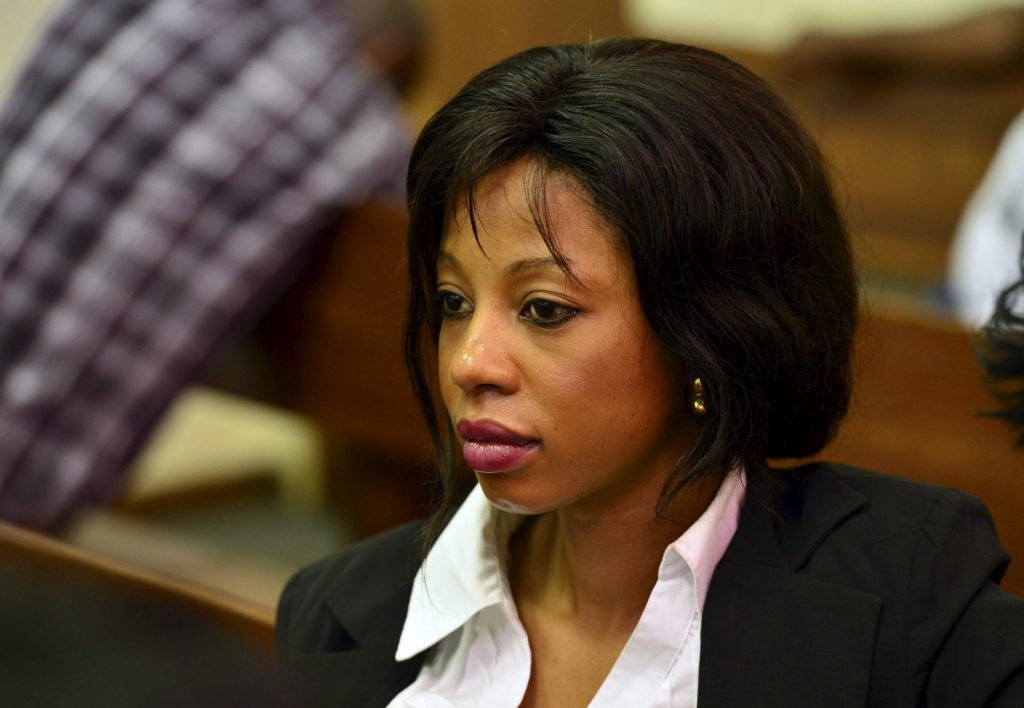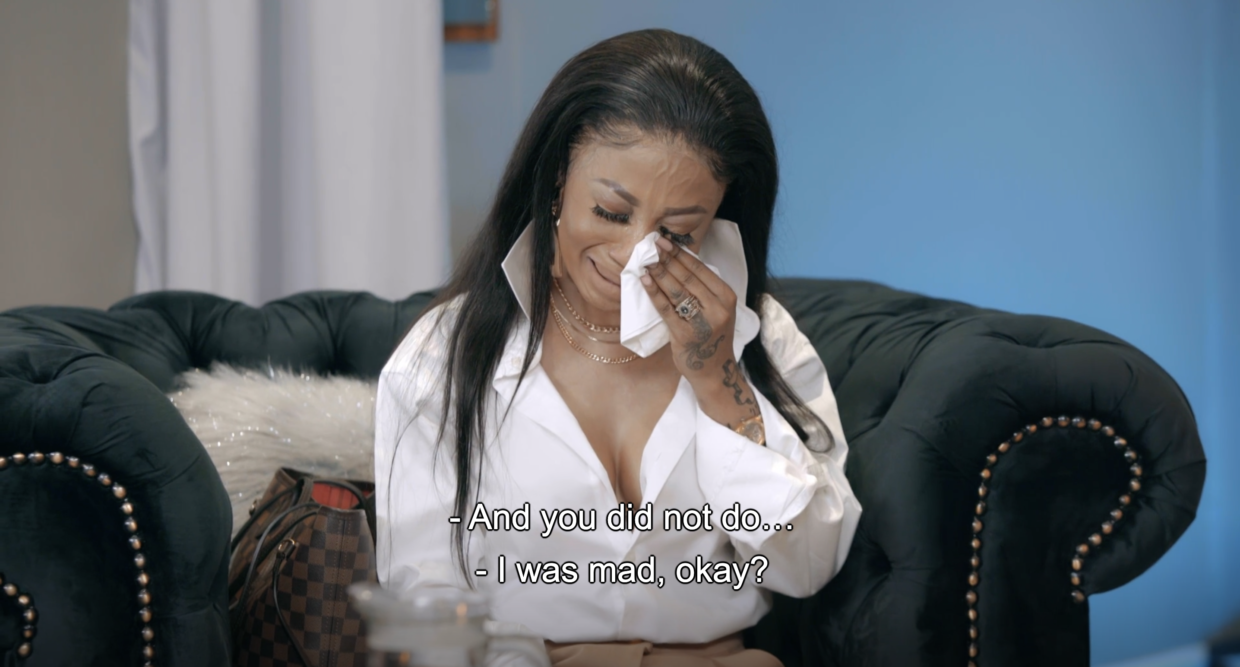South African singer Kelly Khumalo has made headlines once again, this time for her courageous and deeply personal confession about her health.
In a heartfelt and emotional revelation, the star shared that she has been diagnosed with HIV, a diagnosis that she traces back to her past relationships.
The announcement has shocked and moved fans and the public, as Kelly opens up about her journey and the challenges she has faced over the years.

In a tearful interview that aired earlier this week, Kelly spoke openly about the impact of her diagnosis, her emotional struggles, and the stigma she has endured.
Her bravery in sharing such a deeply personal part of her life has sparked a broader conversation about HIV awareness, stigma, and the realities of living with the virus in today’s society.
A Heartbreaking Confession: Kelly’s Diagnosis
Kelly Khumalo, known for her bold and unapologetic persona, has always been open with her fans about her personal struggles, but her most recent revelation about being diagnosed with HIV was a surprising and emotional moment.

She disclosed that she had contracted the virus through multiple relationships in her past, a fact that has profoundly impacted her both physically and emotionally.
During the interview, Kelly broke down in tears as she recounted the moment she first found out about her diagnosis. “I was devastated when I was told I had HIV,” she shared, visibly emotional.
“It felt like my world was crashing down. I had to accept something that I never thought would happen to me. It was one of the hardest things I’ve ever had to face.”
The singer went on to explain that she had been unaware of her status for some time, and it was only after numerous tests and visits to the doctor that she was finally diagnosed.

“I had no idea for a long time,” she admitted. “I had been in relationships where I trusted people, and I never thought anything like this could happen to me.”
Kelly’s candidness about her diagnosis is a rare moment of vulnerability, as many people living with HIV still feel a great deal of shame and fear regarding the stigma surrounding the disease.
However, she emphasized that she was determined not to let her status define her and that she wanted to use her platform to encourage others to get tested and seek treatment if necessary.
The Stigma of HIV: Kelly’s Struggle with Shame and Guilt
One of the most difficult aspects of Kelly’s confession is the stigma that still surrounds HIV, particularly in South Africa, where the virus continues to affect a significant portion of the population.
Despite the progress made in HIV awareness and treatment, the disease is still viewed with prejudice by many, and those living with HIV are often met with discrimination and judgment.
Kelly spoke openly about the shame and guilt she felt after her diagnosis, admitting that it took her a long time to come to terms with her condition.
“At first, I couldn’t tell anyone,” she explained. “I was so scared of what people would think. I’ve always been in the public eye, and I feared the backlash and the judgment that would come with it.”
In the interview, Kelly expressed how isolating it was to live with such a secret. “There were times when I felt like I was carrying a heavy burden alone,” she said.
“I couldn’t talk to anyone about it because I didn’t want them to look at me differently. But as time went on, I realized that hiding the truth only made it harder.”
The stigma surrounding HIV in many parts of the world, including South Africa, remains a significant barrier to people getting tested and receiving the care they need.
Kelly’s openness about her diagnosis is an important step in combating these misconceptions, but it also highlights the ongoing challenges faced by those living with HIV.
A Journey of Strength and Acceptance
Kelly Khumalo’s journey since her diagnosis has been one of strength, acceptance, and resilience. Despite the pain and heartbreak she experienced, she has chosen to live her life openly and without shame.
She has actively sought treatment and has been diligent about managing her health, ensuring that she stays on top of her medication and regular check-ups.
“I’ve accepted that this is part of my journey now,” she said. “It’s not who I am, but it’s a part of me. I’ve learned to live with it, and I’ve learned to take care of myself. I want to be around for my children, and I want to live a full life.”

Kelly also spoke about the importance of mental health in dealing with her diagnosis. She emphasized that, in addition to medical treatment, seeking therapy and emotional support has been a crucial part of her healing process.
“It’s not just about the physical aspect of HIV,” she explained. “It’s about the emotional toll it takes. I’ve had to do a lot of work on myself to stay strong and not let this define me.”


